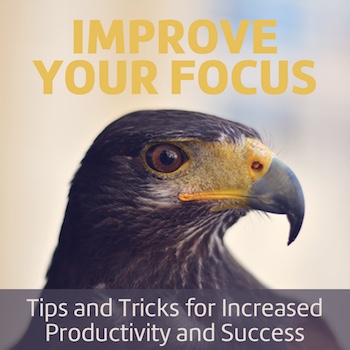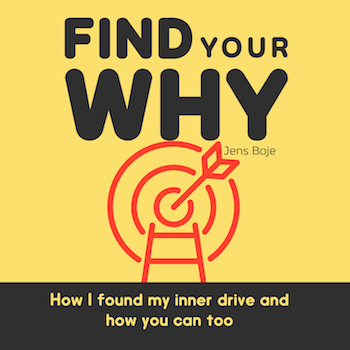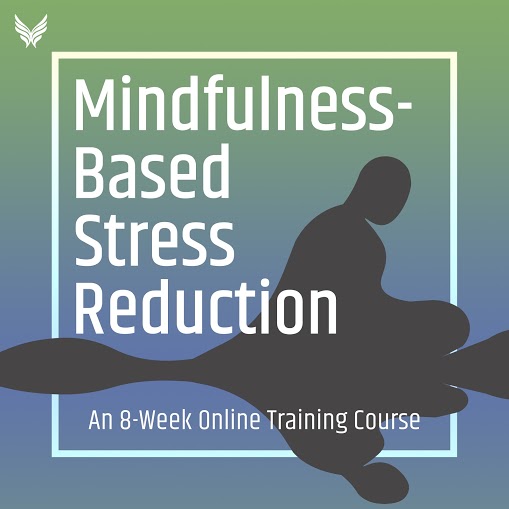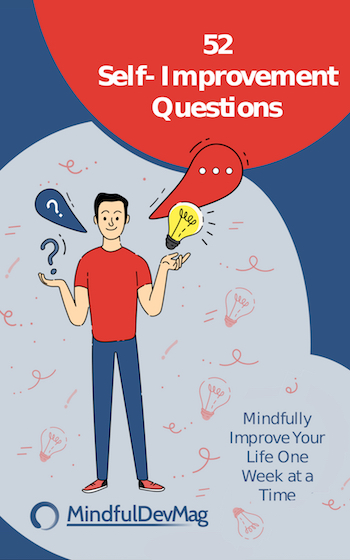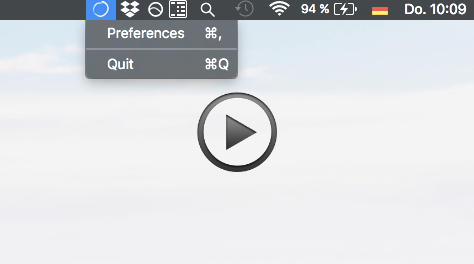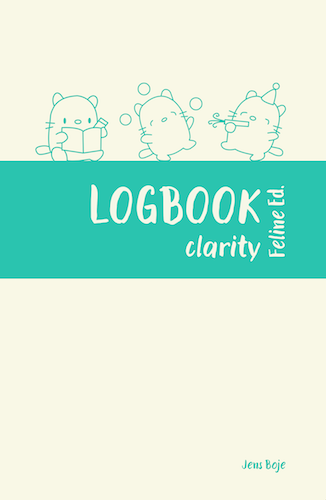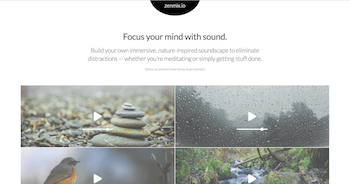How Mindfulness Can Remove the Pain from Your Scrum Process
Big projects such as software development take careful planning and time management. Not only do you need to organize a team around a concrete goal, but ideally, you should also aim to get as much value out of your time and efforts as possible. Using a concrete structure to manage your process, and maintaining a clear, open mind can both do wonders for optimizing your project development process.
To maximize the value of your software development process, and create an atmosphere that is more enjoyable for all team members, I would like to propose combining two different concepts: the Scrum management process and mindfulness.
Mindfulness is the act of steering your mind back to the present moment each time it wanders or gets wrapped up in thought. Scrum is a management process for developing software, although people have begun to use its steps for completing other complex projects. Scrum has steps such as planning, reviews, and retrospectives, and work is conducted in sprints that include quick daily meetings. Regardless of your experience with either of these ideas, you may be interested in how mindfulness and Scrum can function together to boost productivity.
Developing a mindfulness practice can help make the steps of Scrum more productive and joyful for every member of your team. Through mindfulness, you can boost the focus of each team member, improve communication, and conduct more in-depth reviews and meetings due to the heightened awareness of the team. By incorporating mindfulness into each step of the Scrum process, you will get more out of the time and energy of your team, and make the process more enjoyable for each member.
Utilizing the Scrum method may be the best approach for your next big software development project. Below are a few ways mindfulness can improve your experience with the different steps in the Scrum process, ultimately increasing value for your team as well as your customers.
Mindfulness and Leadership – Ideas for the Scrum Master
The Scrum Master serves as a leader for the Scrum Team they are working with. Their role is to make sure the team understands the Scrum theory and steps, and keep the team working well within these parameters. Since the Scrum Leader is effectively working to keep the team focused and productive, they are in a great position to promote mindfulness practices within the team as well.
The mindfulness skills of the Scrum Leader can help them discern which interactions and communication approaches are beneficial to the group as a whole, and which are not. The ability to notice distractions as they arise will help the Scrum leader encourage focus in each member of the team. The leader can encourage individual mindfulness practices for each of the team members, but they can also incorporate helpful practices into the structure of the Scrum steps.
For example, the leader could start each stand-up meeting with a short mindful practice of their choosing. After this moment of uninterrupted focus, it is likely that team members will be in a much better mindset to contribute productively. This will help the team squeeze more productivity out of each meeting.
Mindfulness and the Initial Meeting
During the initial meeting of a Scrum process, the client explains their vision for the project. Team members agree on the trajectory of the project as well as a projected timeline. If team members have an inability to grasp the vision for the project clearly, this could significantly impede its success. This is why it is crucial for all parties to be mentally present and focused during the initial meeting.
When you possess a quality of mindfulness, you are able to get more joy out of any situation. Starting a project with an attitude of awareness and joy will positively impact the morale of the team. This will spill over into the other phases of the project, creating an atmosphere of creativity that will likely improve the end result.
Mindfulness and Backlog Construction
Backlog construction is the step in Scrum where the team creates lists of technologies, features, and other elements necessary to complete the project. They also determine the number of sprints, or allotted windows of time used to complete a set amount of work, that will be needed to complete the project.
Mindfulness can completely change the outcome of this phase. Many workers allow worries and fears to make their decisions for them when it comes to big projects. When you are operating out of a place of worry and stress, you are not mindful. If you are thinking about the future, you cannot be truly present. Mindfulness will allow workers to eliminate distracting worries and make decisions from a place of clarity and optimism.
Mindfulness and Sprints
Sprints are the core element of the Scrum process. Maintaining productivity during these set blocks of time is crucial to completing the project on schedule. Each team member must stay focused during a sprint and work until the designated tasks can be labeled as “done.”
Maintaining a mindful attitude can boost the output achieved during a sprint by anchoring your sights on the current goal. It is tempting to become consumed by mistakes of the past or worries about future sprints. However, this can impede productivity during the current sprint. It is a good idea to come up with a mindful “anchor,” such as concentrating on your breath. Each time your mind wanders, you can return to your breath, which will help you steer back to the goal for the current sprint.
Mindfulness and Reviews
Scrum reviews are a time for team members to test completed elements of their project and collect feedback from the team. Communication and honesty are essential during this phase of Scrum, as it is when the productivity of the sprints is assessed.
Mindfulness can amplify this communication ability among the team. Practicing mindfulness boosts empathy and emotional intelligence, which helps team members understand each other as well as themselves. A deeper level of understanding allows individuals to observe the responses of their peers without becoming defensive or judgmental. When you eliminate defensiveness, judgment, and other negative behaviors from your reviews, the discussions become more fruitful and the team more united.
Mindfulness and Production (Product Increment and Product Feedback)
During the Product Increment and Product Feedback processes of Scrum, the client reviews finished elements of the product. From there, they either approve the product for production or request changes. It is important to have excellent communication during this phase as well, as finite details can easily get lost in translation between client and production team, which could end up significantly stunting the timeline if any adjustments are needed.
Entering this phase with a mentality of mindfulness can improve communication, as mentioned in previous steps. When you are mindful, your mind is clear, and you are more able to think of innovative solutions. Any changes that the client requests may have an out-of-the-box solution you would have never normally considered. Tackling the problem from a place of mindfulness will help you come up with creative ideas for problem-solving, which may even improve the result in the end.
Mindfulness and Retrospectives
Retrospectives are when you and your team can gain some of the best value from the overall project. This is the phase when you reflect on the project and discuss how it went. You discuss possible adjustments that will help the teamwork even more efficiently in the future.
You may be tempted to breeze through a retrospective without participating or giving much feedback. If the whole team operated in this manner, you would all miss an opportunity for rich discussion and process improvement. This may cause you to repeat the same productivity-diminishing patterns in your next Scrum process. Applying a mindful focus to these meetings will make sure you learn as much as possible from the whole process, and you can streamline future projects to be even more productive.
As you can see, it is useful to take the time to apply mindful skills to the Scrum process. There are many ways to incorporate mindfulness into your next project. Here are a few specific ideas to get you started:
Start each stand-up meeting with a two-minute breathing exercise. Take mindful breaks during sprints. Instead of becoming distracted by emails or notifications, you could meditate or do a few stretches before hunkering down to focus once again.
Choose a mindful anchor. Focus on your breath, a painting on the wall, or something else that brings you a sense of calm. Allow this anchor to help you return to the task at hand.
Practice active listening. When team members approach you with an idea, make eye contact, and listen with deliberate focus. You will both likely get more out of the exchange.
No multi-tasking. Just focus on one task at a time and give it your full attention.
Take a deliberate mind-wandering break. During lunch or another larger break, let your mind wander freely. Do not think about the project. This may help you get the worries out of your system and reenter the office feeling refreshed and ready to jump back into the project.
Conclusion
Scrum and mindfulness are two ideas that may not be commonly linked. However, since Scrum is a process meant to streamline and speed up complex projects, it is worth getting your mind in the optimal place for productivity. Combining these two ideas may feel foreign at first, but over time you will certainly notice a boost in the output of your team. Using mindfulness will help you eliminate worrying thoughts, improve communication, and focus intently in order to get the most out of each phase of the Scrum process.
[bmw]
References
https://www.morganmckinley.ie/article/how-does-mindfulness-benefit-agile-environment
https://rules.ssw.com.au/do-you-know-the-8-steps-to-scrum
https://www.atlassian.com/agile/scrum/sprints
